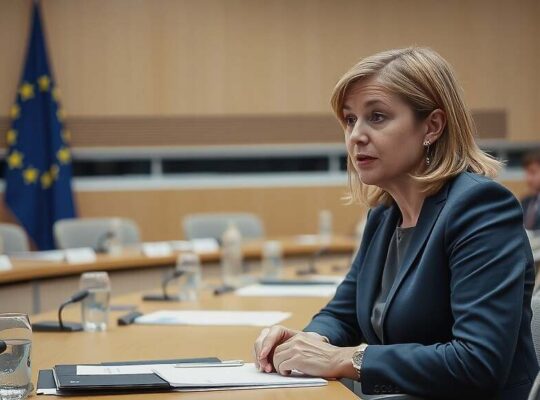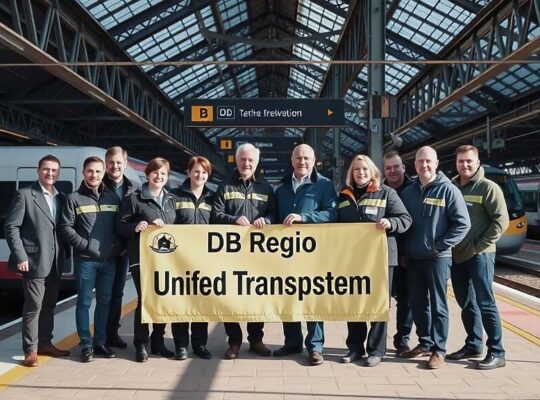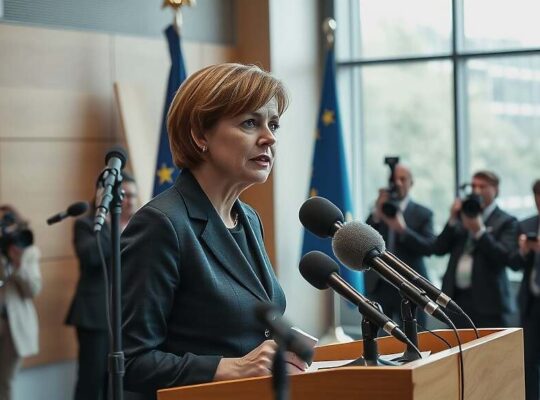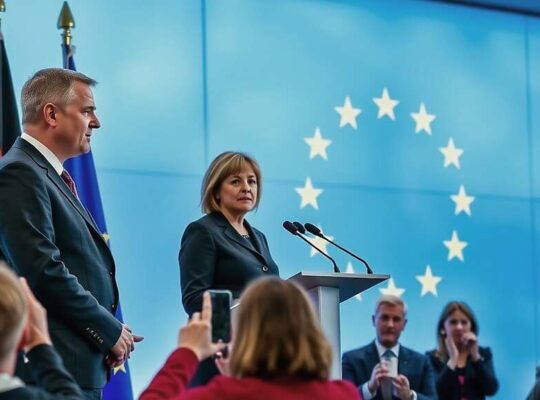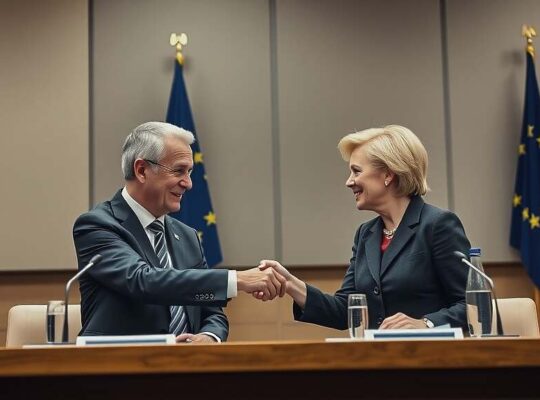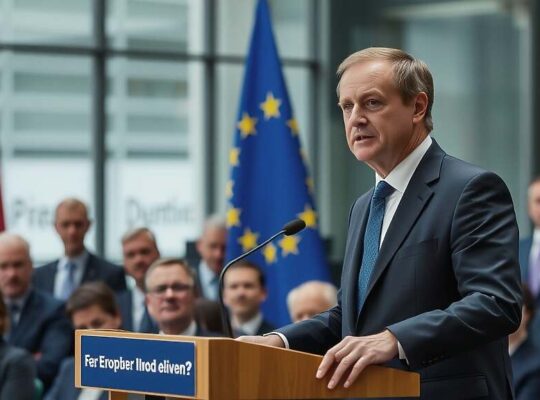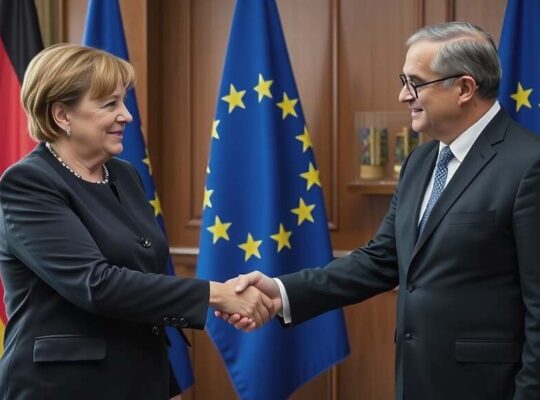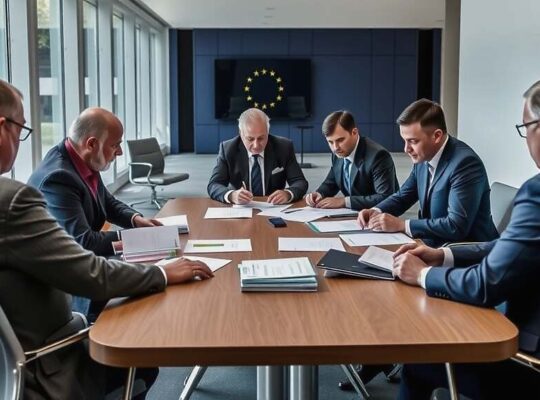A growing coalition of EU member states is attempting to delay the implementation of the proposed EU-wide Emissions Trading System (ETS2), impacting buildings and transport sectors, sparking a contentious debate ahead of a critical European Council meeting. According to sources familiar with the matter, Poland, Czechia, Slovakia, Cyprus and Hungary are preparing a formal letter to European Commission President Ursula von der Leyen advocating for a postponement of the system’s launch. While seeking broader support, initial outreach to other member states has reportedly met with resistance.
The draft communication, seen by Politico, suggests shifting the ETS2’s commencement date from the initially planned 2027 to 2030. The rationale, as articulated by the signatory nations, centers on concerns regarding the potential for significant societal, economic and political disruption amplified by existing conditions of high inflation, volatile energy prices and ongoing geopolitical instability. The letter highlights the continued reliance on fossil fuels for heating and transportation within numerous EU nations, emphasizing the disproportionate impact on low-income households and small businesses already struggling with elevated energy costs.
While proponents of the ETS2 champion it as a crucial driver for accelerated CO2 emission reduction – with current expert projections estimating certificate prices exceeding €100 per tonne – the dissenting nations frame the proposed delay not as a rejection of climate targets, but as a pragmatic measure to ensure a more equitable and manageable transition. They argue that the postponement would provide valuable time for necessary technical adaptations of infrastructure, enhanced price transparency for consumers, the development of robust social climate packages and wider implementation of energy efficiency initiatives.
The letter’s invocation of Article 191 of the Treaty on the Functioning of the European Union – which mandates consideration of differing member state conditions and avoidance of undue burden in environmental measures – underscores a legal challenge to the Commission’s current trajectory. Critics are already questioning the motivation behind the push for delay, suggesting it represents a politically expedient maneuver driven by specific national interests rather than genuine concerns about economic hardship. The move is likely to intensify intra-EU tensions as policymakers grapple with the delicate balance between ambitious climate action and the potential for exacerbating existing socioeconomic vulnerabilities. The European Council meeting this Thursday is anticipated to be a pivotal moment in determining the future of ETS2 and the broader EU climate agenda.




